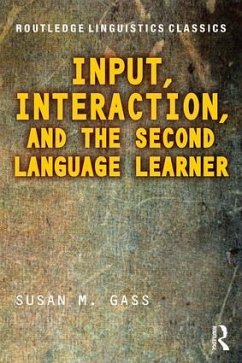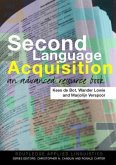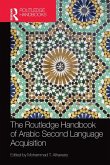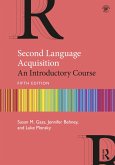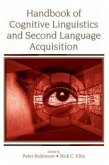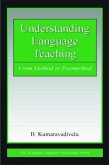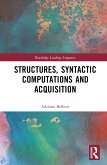Twenty years after its first publication, Susan M. Gass's Input, Interaction, and the Second Language Learner has become a classical text in the field of second language acquisition (SLA). This new printing includes the original text, along with a new preface that comprises individual consultations between the author and Alison Mackey, Rod Ellis, and Mike Long on the importance of the project two decades later.
The volume provides an important view of the relationship between input, interaction, and SLA. In so doing, it should prove useful to those whose major concern is with the acquisition of a second or foreign language, as well as those who are primarily interested in these issues from a pedagogical perspective. The book does not explicate or advocate a particular teaching methodology, but does attempt to lay out some of the underpinnings of what is involved in interaction-what interaction is and what purpose it serves. Research in SLA is concerned with the knowledge that second language learners do and do not acquire, and how that knowledge comes about. This book ties these issues together from three perspectives: the input/interaction framework, information-processing, and learnability.
This Routledge Linguistics Classic remains a key text for all SLA scholars and an essential supplementary volume for students on SLA courses.
The volume provides an important view of the relationship between input, interaction, and SLA. In so doing, it should prove useful to those whose major concern is with the acquisition of a second or foreign language, as well as those who are primarily interested in these issues from a pedagogical perspective. The book does not explicate or advocate a particular teaching methodology, but does attempt to lay out some of the underpinnings of what is involved in interaction-what interaction is and what purpose it serves. Research in SLA is concerned with the knowledge that second language learners do and do not acquire, and how that knowledge comes about. This book ties these issues together from three perspectives: the input/interaction framework, information-processing, and learnability.
This Routledge Linguistics Classic remains a key text for all SLA scholars and an essential supplementary volume for students on SLA courses.
"The twentieth anniversary publication of this classic remains a fundamental reference for studying the roles of input, attention and interaction in second language development. With an exciting and reflective new preface, this volume is a must-have for both experienced SLA researchers as well as those new to the field."
Andrea Révész, University College London, UK
Andrea Révész, University College London, UK

